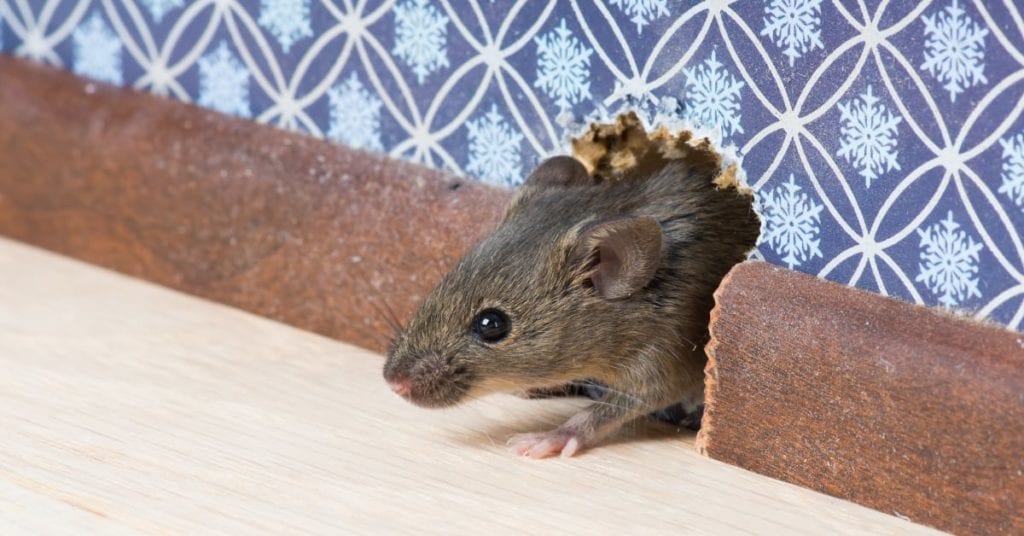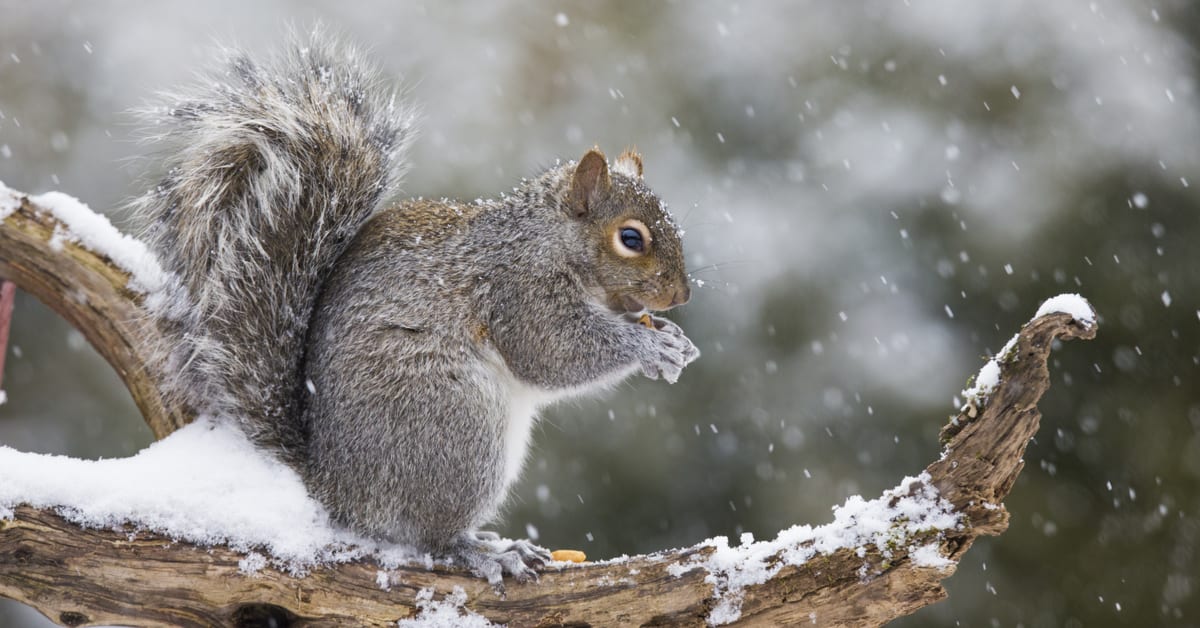Rodents, Rodents, Rodents?
As winter approaches many property owners become concerned about rodents and ask themselves, “what rodents hibernate and which will be active in winter?”
Did you know that there are over 2,000 different species of rodents around the world? That’s a lot of pesky little critters that love sneaking into places they don’t belong.
Winter often brings some relief, with many species who hibernate. Over the course of 4-6 months, you likely won’t see a rodent near your home who hibernates.
But not all rodents hibernate. In fact, some may seek shelter where it’s much warmer; your house or garage.
So what rodents hibernate? And what rodents will you see in your home this winter? That’s exactly what we cover below. Keep reading to learn how to keep your home safe and free from winter pests.
What Rodents Hibernate in the Winter?
For those who deal with groundhogs around their home (also known as marmots or woodchucks), you can rest easy. Woodchucks take hibernation seriously. They hunker and sleep the entire winter away.
Chipmunks hibernate as well. However, they wake up every few days to eat some of their buried seed caches. Prairie dogs, ground squirrels, and meadow-jumping mice hibernate to some degree as well.
You can expect these critters to be out of sight for 5-8 months during the cold months. The issue with hibernating rodents is that they often dig burrows under lawns or near the foundation of a home, causing yard problems in the spring.
If you notice any of these hibernating rodents around your home or yard in the fall, make sure to have them removed and their burrows destroyed before the winter. This will help prevent a maze of tunnels under your property.
What Rodents Will You See in Your Home This Winter?

The problem with rodents is that most do not hibernate. And because they are mammals (varmints), they need to stay warm in order to survive. Once the temperatures drop, they will seek shelter in the warmest places they can get access to; your home, basement, attic, garage, or gaps near your foundation where warm air may be escaping.
And many such as house mice and house rats, are nocturnal, so they will only move around at night when you can’t hear or see them.
The common tree squirrels, the eastern gray, and the reddish-brown fox squirrel are active during the months of December and January when they are mating. Otherwise, most types of squirrels become idle and stay in their nests during the winter months. Squirrels do not hibernate. They are diurnal and they love attics where they can nest and store their food during the colder months.
Raccoons are medium-sized mammals, most often thought of as a rodent, however, they belong to the Carnivora order and are not considered a rodent. But since, like squirrels, they will stay active through the winter unless the weather is especially harsh we would like to mention them here. During these times, they will den up until the worst of the weather has passed. And raccoons love making a mess out of your garbage, as they can easily open standard trash bins.
If you keep your yard and the outside of your home clean and free from pest attractors, you will be less likely to experience an indoor infestation during the winter. Messy yards with excess trash, pet excrement, or junk piles such as wood can attract these critters.
Excess water and tree fruit dropping are also desirable for rodents. Keep it clean before the weather shifts and you might keep your home free of winter rodents this year.
Keep Your Home Pest-Free Year Round
Now that you know what rodents hibernate and what rodents you will see in your home this winter, it’s time to take preventative measures. If you suspect and critters may be living outside near your home, give us a call so we can ensure your home stays pest-free.
The best approach is to prevent pests inside the home. Though if you have already found a sign that they live inside, contact NJ Pest Control today for a free estimate and treatment plan.

